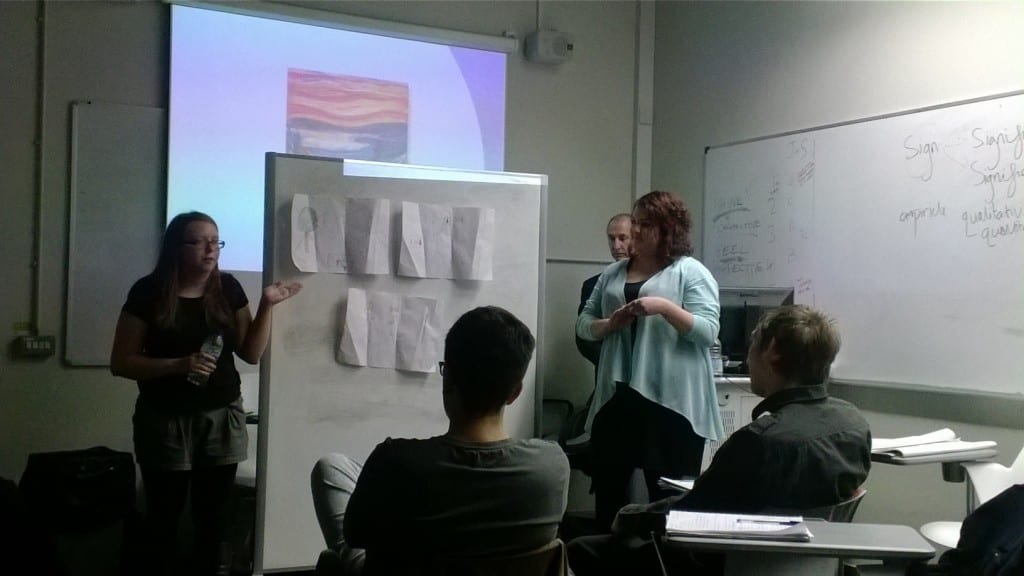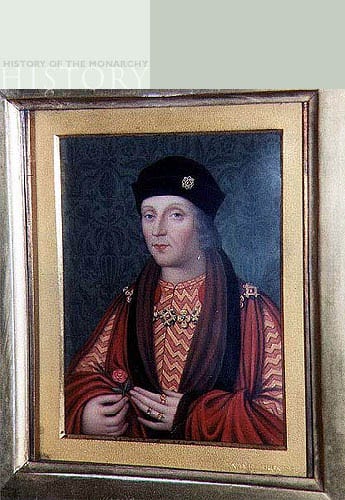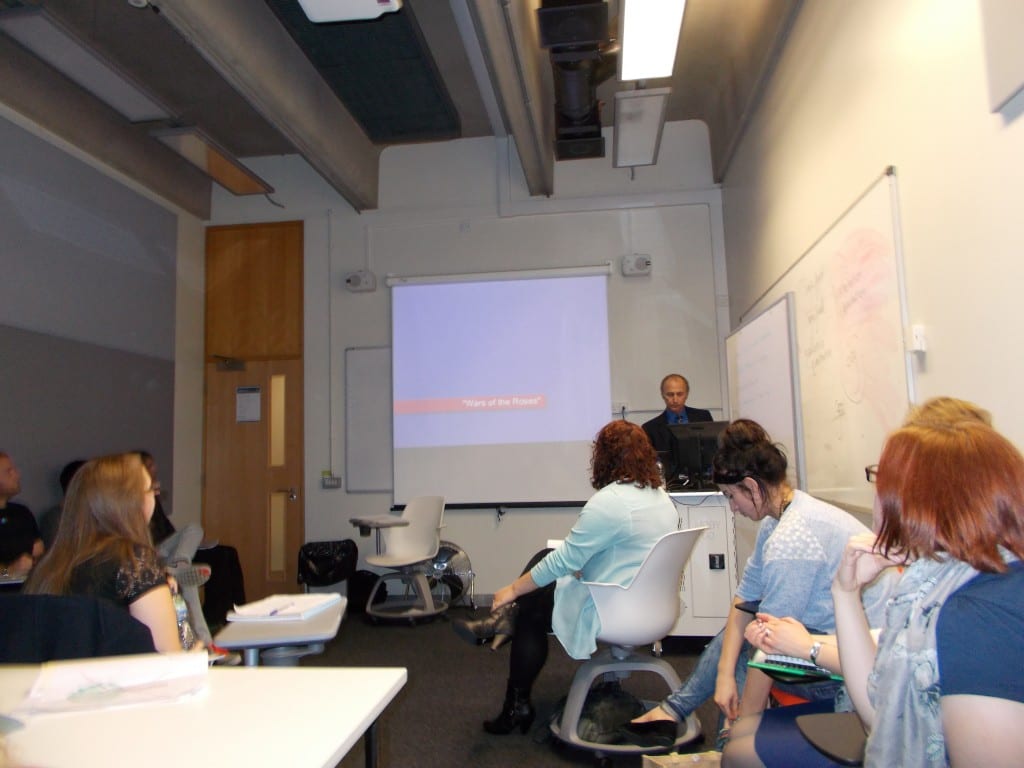We were lucky enough to have Dr Mark Horowitz from the University of Illinois, Chicago visit us last week (22nd and 23rd October 2013) to give three presentations to History students at the University of Lincoln; partly funded by the Making Digital History project.
The first in the series of presentations was for the MA in Medieval and Historical Studies students and staff entitled ‘Making History Relevant: Teaching 21st century students so that they learn’. The talk was both informative, and also interactive, allowing students to participate in the ‘Ownership Learning’ method that Dr Horowitz recommended. This technique aims to engage students who are increasingly influenced by media and technology, have been shown to think visually, learn by doing not by reading and remember what they come up with rather than what they are being told.
As part of the ‘Ownership Learning’ method, Dr Horowit’z encourages students to actively participate in seminars. Each student is required to do adequate research prior to the seminar and come prepared with a precis (a one page summary of their research) and a leading question that furthers debate on the topic. Within the seminar debate is student led requiring them to come up with answers alongside their peers, rather than based around answering questions posed by the teacher.
Another aspect of the ‘Ownership Learning’ method is students giving a short informal presentation each week as part of their seminar. As an example two students gave a presentation on a topic of their choice only using three hand drawn pictures, making the audience focus on what was actually being said rather than being distracted by a Powerpoint presentation.
Dr Horowitz’s talk also explored the relevance of history within modern society, and how representations of the past portrayed by journalists and politicians should be challenged by historians. Dr Horowitz encouraged those present to utilize their expertise in the field of history, to contribute towards correcting historically inaccurate and misleading articles created by journalists and politicians which are intended for public consumption. Students were also given the opportunity to discuss examples of how themes and events within their own historical research are comparable to current affairs, and how actions in the present can and should be influenced by those in the past.
The second presentation given by Dr Horowitz was attended by History students of all year groups and was based on a murder mystery set in Tudor England. Using primary sources Dr Horowitz managed to unearth a complex mystery of a murdered baby involving Henry VII , his henchmen, a haberdasher and his wife, a mysterious lady named Alice, a bond for £500 and the Tower of London. He then went on to duly solve the mystery using archival evidence and powers of deduction, with many twists, turns, cliff hangers and intrigues along the way. The Sherlock Holmes style of presenting his research findings demonstrated that the way in which a historian’s research is presented to an audience, can make a huge difference to the perception of whether history is interesting or boring; whilst also embedding the idea of historians as detectives of the past, unearthing unsolved mysteries.
The final presentation was attended by members of the History Faculty teaching staff and postgraduate students, and was entitled ‘The Ones and Zeroes of History: Digitization, Research and Learning’. Dr Horowitz was introduced by Peter D’Sena, the History Discipline Lead from the Higher Education Academy (HEA), who have funded the Making Digital History project.
The presentation was designed to provoke thoughts and discussion surrounding the issues of using ‘Digital History’ in an academic environment. Specifically the fact that traditional methods of research (such as libraries and archives) are being transformed as more and more resources are becoming digitized and available online. The issues surrounding the problems and pitfalls, but also the benefits of using these online resources for academic historical research was highlighted, and also debated among those present.
The use of new software and digital ‘tools’ in teaching was also discussed, specifically the Xerte software being used on the Making Digital History project here at the University of Lincoln. The primary aim of using Xerte is to give students input into their own learning by creating a digital experience alongside their peers, and to provide interactive and visual stimuli to engage the students in learning, by using a medium that they understand and respond well to; all concepts that feed into Dr Horowitz’s teaching methods.
In his conclusion Dr Horowitz highlighted how the subject of history needs to be marketed as useful and interesting to prospective students and the public in order to survive and undermine the publics’ often negative perception of the subject as boring; the use of Digital History seems to be the way forward in achieving this…


